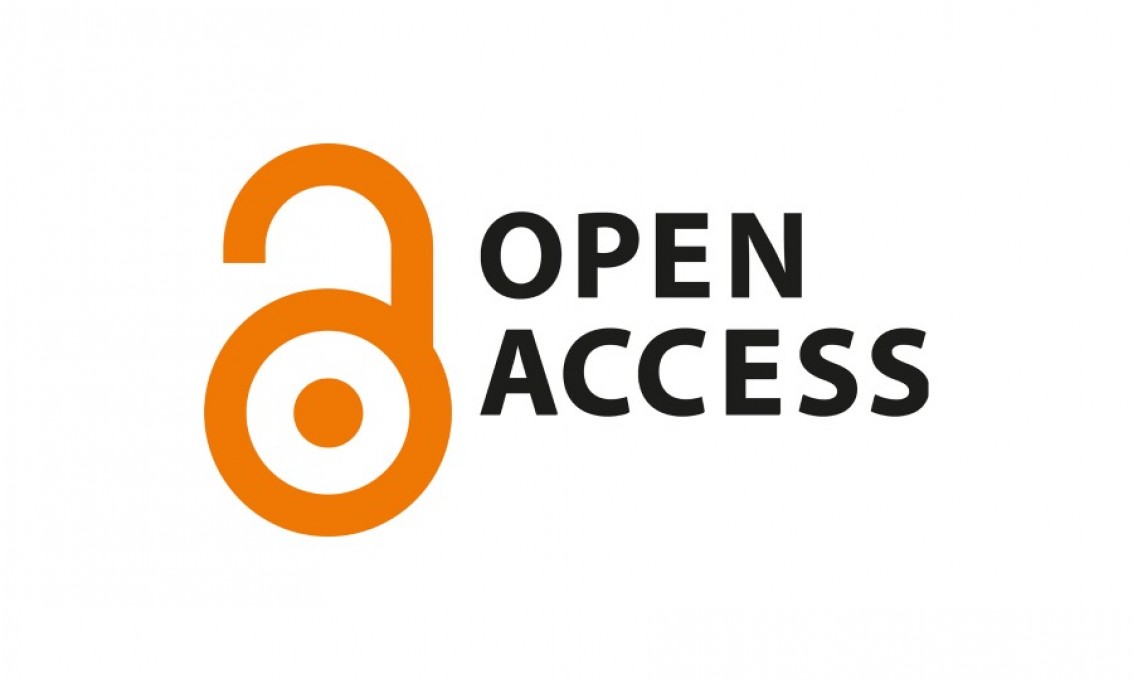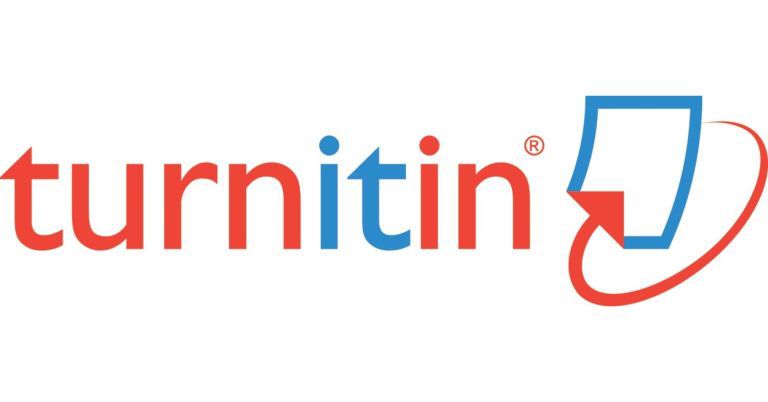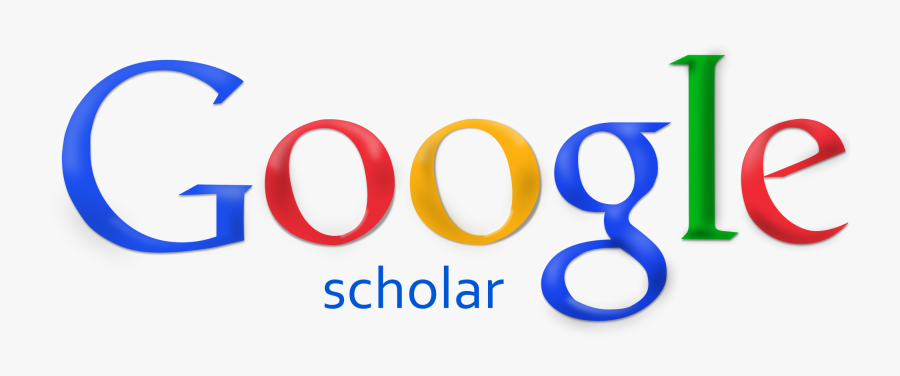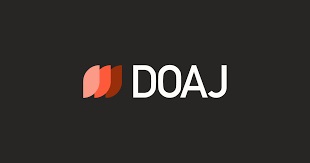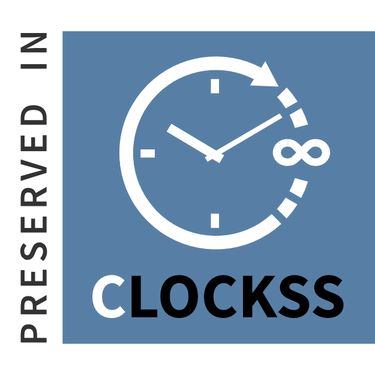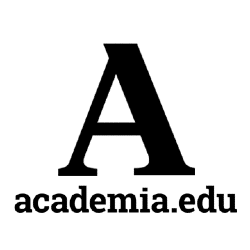Influence of the self and group competition curriculum on learning freestyle swimming, under the age of 12
DOI:
https://doi.org/10.54702/msj.2020.19.1.0007Keywords:
competition, self and group style, learn to swimAbstract
The importance of this research is to utilize the knowledge of the effect for using special exercises according to the self and group methods in learning Freestyle Swimming at ages under 12 years, through the follow-up and interest of the swimming sport. Notice that the methods used in the education process, even if they bear fruit in developing Swimming skills, but keep pace with the development in the game In all its fields, it is imperative to use methods that motivate learners more in order to catch up with the development in the game. Hence the research problem emerged as the researcher tried to shed light on it and try to solve it through the use of the competitive method (self-group) that helps increase the excitement of learners and thus Contrary to developing their skillful abilities and studying any of the two educational methods, it is able to achieve educational goals in a balanced way and works to develop the level of learners' performance of the freestyle Swimming activity for ages 12 years better, and the researcher used the experimental approach to suit his nature and problem of research and choose the appropriate sample with experimental design with three groups The researcher conducted the tribal tests and applied the prepared curriculum with his exercises and repetitions according to their sequence, from easy to difficult, and then conducting dimensional tests in the same conditions. Style competition a positive impact in the process of learning free Swimming learners 12 years of the reconstruction, and that the use of methods of competition have a positive impact on the acquisition of the first stage of learning in the freestyle Swimming.
References
- Ahmed Bastawesi. (1996). Basics and theories of movement. Dar al-fikr Al-araby, Cairo.
- Hasan Al-Shafiey & Susan Mousa. (1995). Principles of scientific research in physical education and sports. Alexandrea, Al-maarif facility.
- Ribhi Mustafa Alian & Othman Mohammed Ghuneim. (2000). Scientific research methods and methods, theory and application. 1st edition. Dar Al-safaa for printing and publishing, Amman.
- Abdul-Jaleel Alzoubaay & Mohammed Al-ghannam. (1981). Research curriculum in education. Part one, Baghdad University printing presses, Baghdad.
- Mohammed Hasan Allawi. (1978). Physiology of training and competition. Dar Al-maarif, Cairo.
- Nouri Ibraheem El-Shouk & Rafiea Salih Fathi. (2004). Researchers' guide to writing research in physical education. Baghdad.
- Wajih Mahjoub. (1988). Scientific research methods and approaches. Dar Al-hikma for printing and publishing, Baghdad.
- Lutfi Abdul-fattah. (1990). Teaching methods of physical education and motor learning. Dar Al-kutub, Baghdad University, Baghdad.
- Mohammed Khalifa Barakat. Educational psychology. Dar Alkalam for printing. Al-Kwait
Downloads
Published
Issue
Section
License
Copyright (c) 2021 Modern Sport

This work is licensed under a Creative Commons Attribution 4.0 International License.

